৩ ফাল্গুন ১৪৩২
US to Reintroduce Student Visas with Conditions: Know the Details
20 June 2025 23:06 PM
NEWS DESK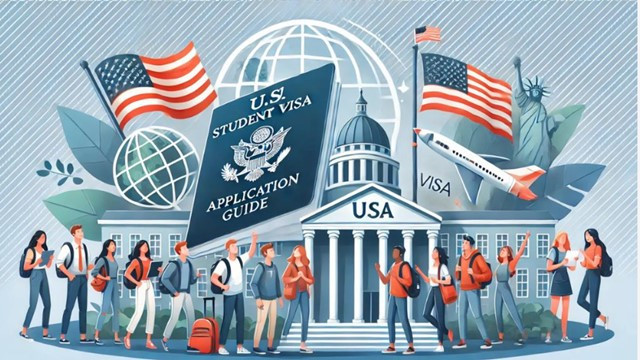
The State Department on Wednesday announced that it is restarting student visa applications for foreigners. However, all applicants will now have to give access to their social media accounts for review. The department said consular officers will check for posts or messages that appear hostile toward the United States, its government, culture, institutions, or founding values.
Student visa applicants who refuse to make their social media accounts public may now face rejection, the State Department said in a notice released Wednesday. The department also announced it had lifted the suspension on student visa processing imposed in May. It added that refusing access to social media could be seen as an attempt to hide online behaviour or evade screening.
The Trump administration temporarily paused new visa interview appointments for international students last month as it prepared to tighten social media screening, officials said. Students worldwide have been anxiously waiting for US consulates to resume scheduling, with limited time left to arrange travel and housing before the academic year begins.
SD requires student visa applicants to make social media profiles public
“Under new guidance, consular officers will conduct a comprehensive and thorough vetting of all student and exchange visitor applicants,” the department said in a statement.
“To facilitate this vetting,” applicants “will be asked to adjust the privacy settings on all their social media profiles to “public,” the department said. It added, “The enhanced social media vetting will ensure we are properly screening every single person attempting to visit our country.”
The State Department has instructed consular officers to screen visa applicants’ social media profiles for “any indications of hostility toward the citizens, culture, government, institutions, or founding principles of the United States.”
Jameel Jaffer, executive director of the Knight First Amendment Institute at Columbia University, criticised the move, saying it echoes Cold War-era ideological vetting that excluded artists and intellectuals. “This policy makes a censor of every consular officer, and it will inevitably chill legitimate political speech both inside and outside the United States," Jaffer said.




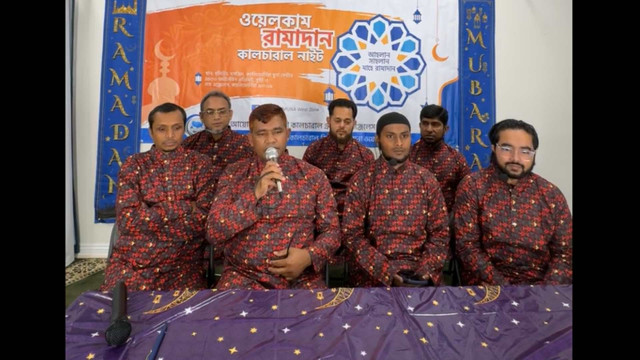
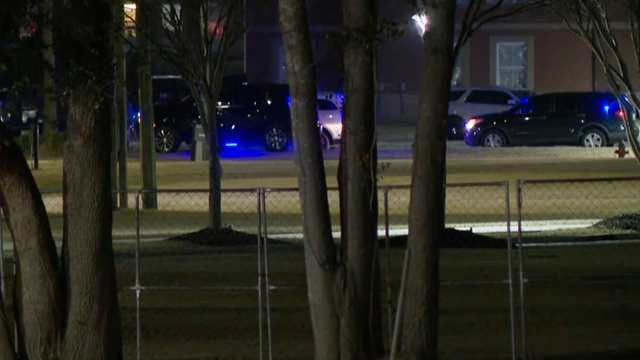
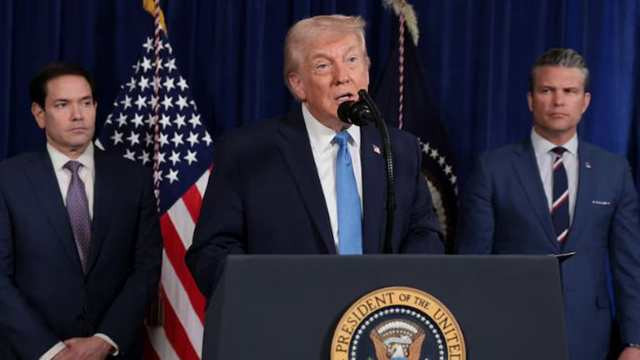
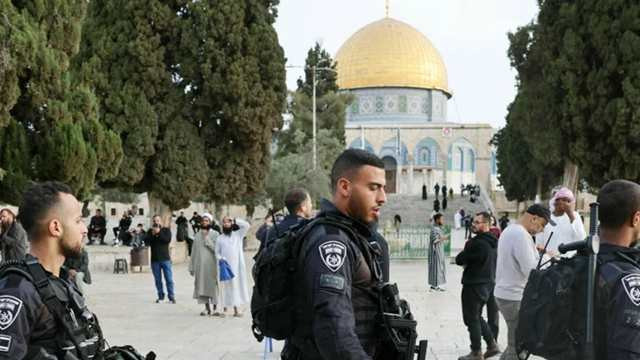
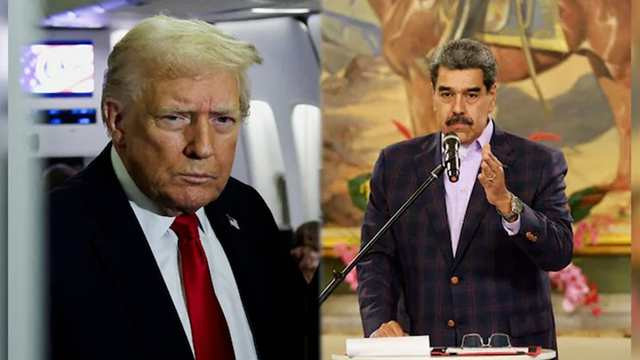
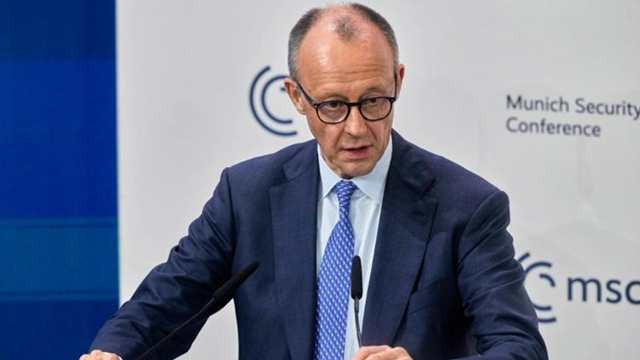
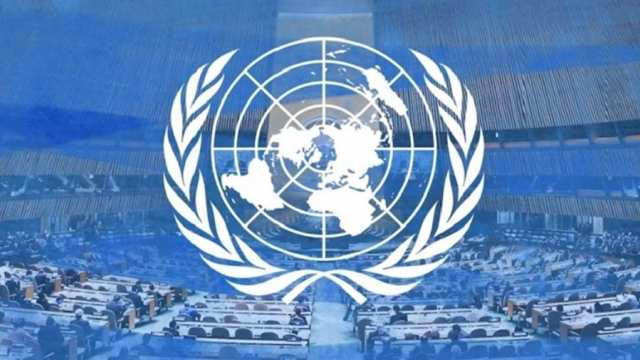
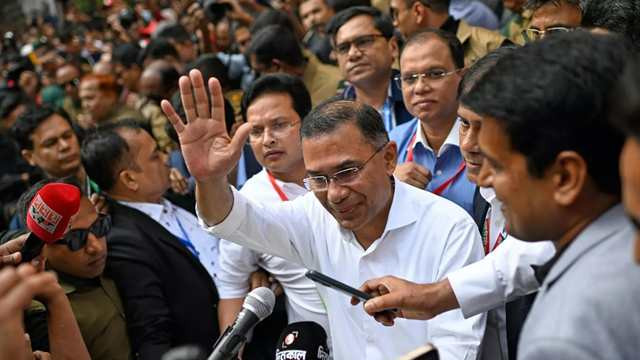
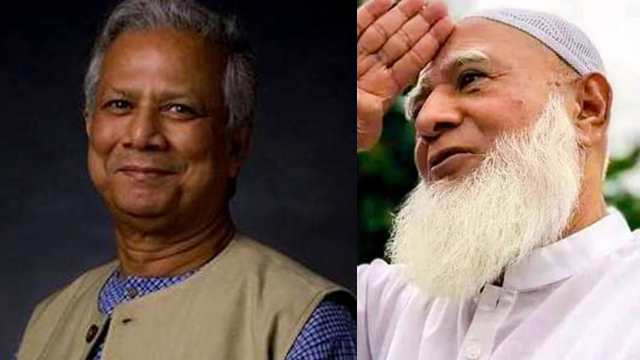
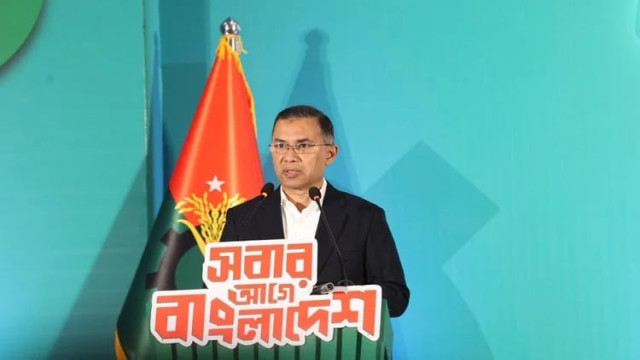
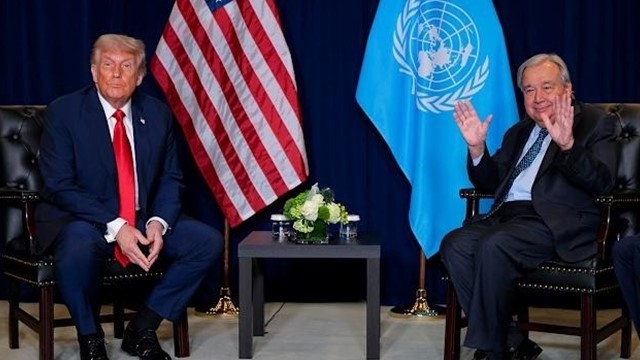
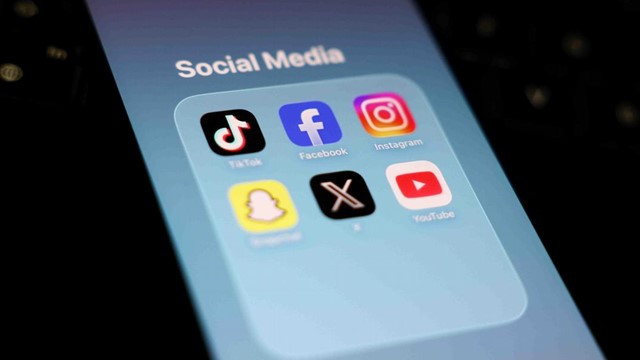
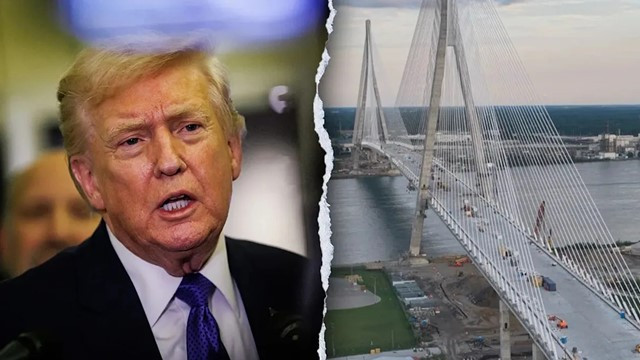
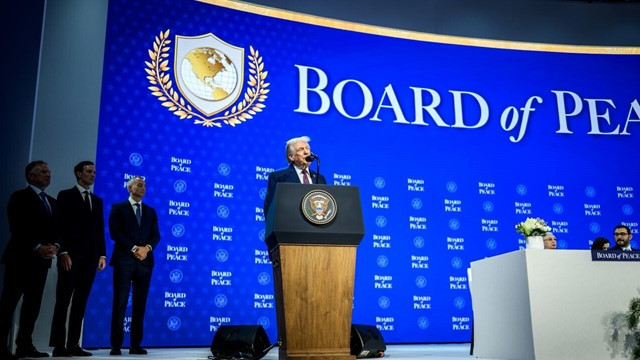
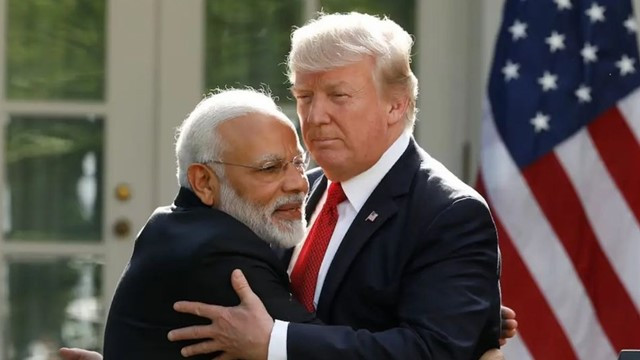
Comments Here: